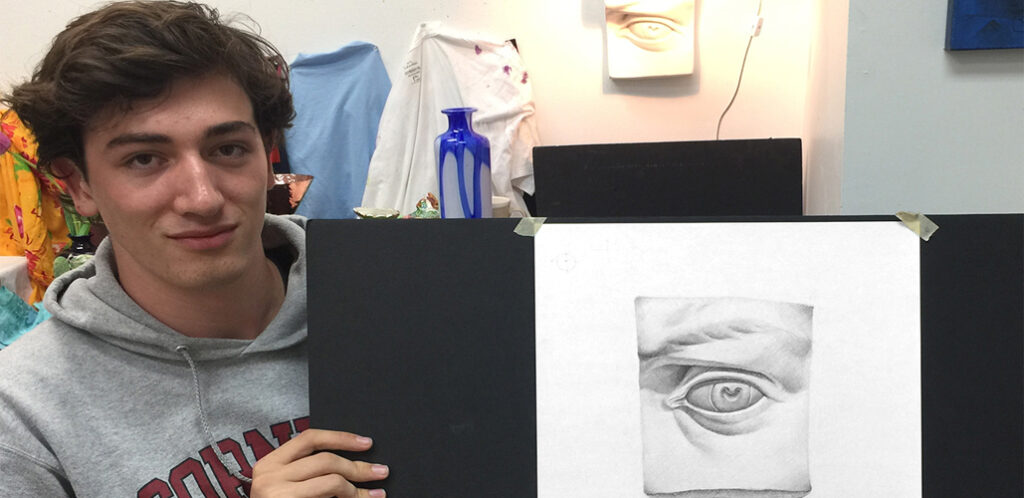
In the world of childhood development, the simple act of picking up a pencil and creating lines on paper holds incredible power. Drawing classes for children are more than just artistic endeavors; they are key players in the development of fine motor skills. Join us as we delve into the fascinating realm of “Pencil Power” and explore how drawing classes can contribute to the precision and coordination of young hands.
The Foundation of Fine Motor Skills: Fine motor skills are the building blocks for a child’s ability to perform everyday tasks with precision and control. From tying shoelaces to buttoning shirts, these skills are essential for independence. Drawing classes play a pivotal role in laying this foundation, as the act of holding and maneuvering a pencil demands a level of dexterity that translates into various practical skills.
Grip and Grasp: The Pencil Precision Challenge: Drawing classes provide a dynamic platform for children to refine their grip and grasp on a pencil. From the early stages of scribbling to the more controlled lines of intricate drawings, kids learn to manipulate the pencil with different grips. This diversity in pencil handling contributes significantly to the development of hand strength and coordination.
Hand-Eye Coordination in Action: The marriage of hand and eye movements is a dance that begins in drawing classes. As children translate their visual ideas onto paper, they enhance their hand-eye coordination. This synchronization of motor skills is not only essential for artistic endeavors but also lays the groundwork for activities such as handwriting, sports, and other coordinated tasks in everyday life.
Precision through Patterns and Shapes: Drawing classes often involve activities that require precision in creating patterns, shapes, and intricate details. These exercises challenge children to focus on control and accuracy, honing their ability to reproduce specific movements. The repetition of such tasks fosters muscle memory and helps children develop a keen sense of spatial awareness.
Boosting Confidence and Creativity: As children witness their artistic skills evolve in drawing classes, they experience a boost in confidence. The sense of accomplishment gained from creating detailed drawings or completing challenging exercises contributes positively to a child’s self-esteem. This newfound confidence spills over into other areas of life, creating a ripple effect of empowerment.
Conclusion: “Pencil Power” is not just about creating beautiful drawings; it’s about empowering children with the fine motor skills they need for a lifetime of confident, precise actions. Drawing classes become a playground where creativity and skill development intersect, providing a solid foundation for a host of practical tasks. Enroll your child in drawing classes today, and witness the transformation as their hands gain the power to create and navigate the world with precision and grace.